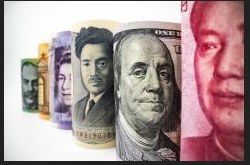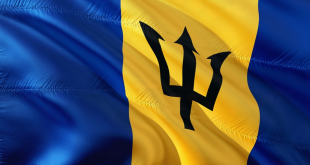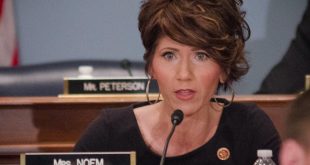All over the world, governments and central banks are addressing the pandemic crisis with three main sets of measures: Massive liquidity injections and rate cuts to support markets and credit. Unprecedented fiscal programs aimed at providing loans and grants for the real economy. Large public spending programs, fundamentally in current spending and relief measures. However, they may cause deeper problems than those they aim to solve. When governments try to...
Read More »Why Markets Are Rallying as Millions Become Unemployed
Wouldn’t you feel great knowing that your stock picking is fully insured by the Fed? Billionaires and wealthy hedge fund managers know the feeling. This Audio Mises Wire is generously sponsored by Christopher Condon. Narrated by Millian Quinteros. Original Article: “Why Markets Are Rallying as Millions Become Unemployed” You Might Also Like Builders in Denial The year 2006 seems like a lifetime ago. The...
Read More »Business Owners Understand Why the Economy Can’t Just Be “Reopened”
My oldest turned seventeen last month. To commemorate the occasion, she and I watched Once Upon a Time in Hollywood. I’d taken her to her first (allegedly) rated-R movie a couple years ago to see the quite good Baby Driver, but this was Tarantino. Brad Pitt won an Oscar for portraying Cliff Booth, the personal stuntman for Leonardo DiCaprio’s struggling actor Rick Dalton. Early on, Cliff consoles Rick after Rick interprets a dinner meeting as a signal that he is...
Read More »Your Supermarket Overlords: Why Barbados Needs a Voluntary Quarantine
On Wednesday, April 1, the acting prime minister of Barbados, Hon. Santia Bradshaw, came on the local news station to announce a mandatory partial shutdown to combat COVID-19. She announced that starting April 3, all “nonessential” businesses would remain closed until midnight April 14. I watched this address with my girlfriend, and we both were scared. Not so much for the coronavirus, though it is a great concern to us. We had recently begun disinfecting all of our...
Read More »Why Markets Are Rallying as Millions Become Unemployed
[unable to retrieve full-text content]The US economy is imprisoned, most of the population is under house arrest, and the inmates in Washington are running the asylum. And yet while the nation appears to be walking the green mile, investors residing in the Wall Street cell block have been extended pardons from the market gods.
Read More »The Experts Have No Idea How Many COVID-19 Cases There Are
In the early days of the COVID-19 panic—about three weeks ago—it was common to hear both of these phrases often repeated: “The fatality rate of this virus is very high!” “There are far more cases of this out there than we know about!” The strategy of insisting that both these statements are true at the same time has been used by politicians to implement “lockdowns” that have forced business to close and millions to lose their jobs. For instance, on March 12, Ohio...
Read More »Rothbard on Why We Need Entrepreneurs
In his Man, Economy, and State, Murray N. Rothbard investigates not only the role of the capitalist but also that of the entrepreneur in a market economy. Rothbard uses the theoretical concept of the evenly rotating economy (ERE) to compare the role of the capitalist to that of the entrepreneur. Entrepreneurs earn profits in so far as they successfully correct the maladjustments in the real economy and move it closer to the ERE without ever attaining that state....
Read More »How Government Makes a Pandemic More Deadly
In the early days of the outbreak, pundits rushed to the ramparts of Twitter to proclaim that “there are no libertarians in a pandemic.” However, this glee at the apparent failure of markets was soon dashed as more evidence accumulated showing that government intervention was actually the main impediment to success. From an economic standpoint, the channels by which government failure accumulated were legion: Centralizing and restricting testing: the most egregious...
Read More »How to Think About the Fed Now
. [This text is excerpted from the introduction to The Anatomy of the Crash, a Mises Institute ebook to be released in April 2020.] The Great Crash of 2020 was not caused by a virus. It was precipitated by the virus, and made worse by the crazed decisions of governments around the world to shut down business and travel. But it was caused by economic fragility. The supposed greatest economy in US history actually was a walking sick man, made comfortable with...
Read More »Builders in Denial
The year 2006 seems like a lifetime ago. The housing boom seemed to be going full throttle, but danger lurked. I wrote on LewRockwell.com in March of that year, concerning a Las Vegas real estate seminar, that “nary a discouraging word was spoken.” But despite the happy talk coming from the podium that day, pleasing the thirteen hundred attendees, I was hearing something different: “builders I talked to at the Outlook don’t believe [Dennis] Smith’s numbers. They say...
Read More » Swiss Economicblogs.org
Swiss Economicblogs.org









